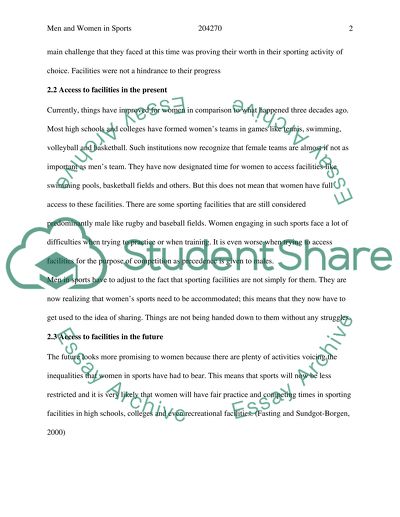Cite this document
(“Men and Women in Sports Essay Example | Topics and Well Written Essays - 2000 words”, n.d.)
Men and Women in Sports Essay Example | Topics and Well Written Essays - 2000 words. Retrieved from https://studentshare.org/miscellaneous/1534324-men-and-women-in-sports
Men and Women in Sports Essay Example | Topics and Well Written Essays - 2000 words. Retrieved from https://studentshare.org/miscellaneous/1534324-men-and-women-in-sports
(Men and Women in Sports Essay Example | Topics and Well Written Essays - 2000 Words)
Men and Women in Sports Essay Example | Topics and Well Written Essays - 2000 Words. https://studentshare.org/miscellaneous/1534324-men-and-women-in-sports.
Men and Women in Sports Essay Example | Topics and Well Written Essays - 2000 Words. https://studentshare.org/miscellaneous/1534324-men-and-women-in-sports.
“Men and Women in Sports Essay Example | Topics and Well Written Essays - 2000 Words”, n.d. https://studentshare.org/miscellaneous/1534324-men-and-women-in-sports.


